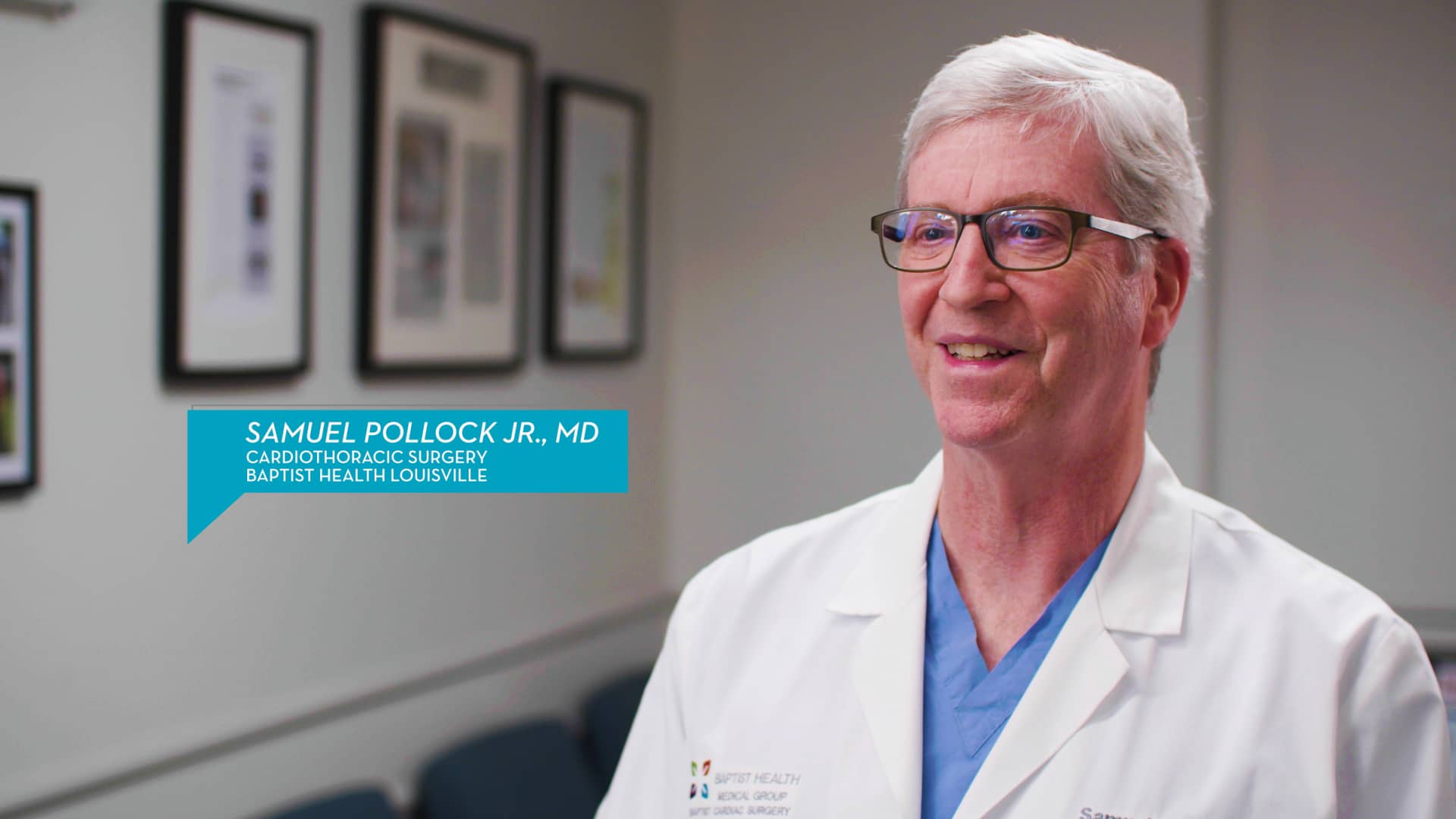Before & After Open Heart Surgery | What To Expect

The term “open heart surgery” refers to any procedure in which the chest is cut open and surgery is performed on the heart muscle, arteries or valves. As new methods for operating on the heart are developed, open heart surgery is sometimes referred to as “traditional heart surgery.”
Coronary artery bypass grafting (CABG) is the most common heart surgery procedure performed on adults, according to the National Heart, Lung, and Blood Institute (NHLBI). Open heart surgery may also be performed to:
- Replace a heart that is not functioning properly with one provided by a donor (a heart transplant)
- Replace or repair any of the four valves that control blood flow in the heart
- Repair heart abnormalities
- Place a medical device (often called a pacemaker) to regulate the beating of the heart
What To Expect Before And After Open Heart Surgery
The time required for open heart surgery varies based on the type of procedure being performed, the condition of the patient and other factors. However, a period of 3-6 hours is common.
Open heart surgery typically takes place as follows:
- An anesthesiologist administers medication that renders the patient unconscious (this is called general anesthesia) and ensures that the patient remains asleep throughout the procedure.
- The surgeon makes an 8-10 inch incision down the center of the chest. This includes cutting through the breastbone to enable access to the heart.
- The heart may then be connected to what is called a heart-lung bypass machine, which performs the heart’s functions during the surgery. In some cases, a procedure is performed “off-pump,” meaning the heart continues to beat on its own during the surgery.
- The surgeon makes the necessary repairs, which may mean replacing a blocked artery with a healthy one from elsewhere in the body, replacing heart valves or putting a donor heart in place.
- After repairs are made, the surgeon reconnects the two sides of the breastbone, typically securing it with surgical wire that remains in the body, and stitches up the tissue and muscle that was cut in the initial incision.
Preparing for Open Heart Surgery
If you are having open heart surgery, preparation typically begins a few weeks before the procedure. Your doctor may request that you:
- Quit smoking
- Reduce your alcohol consumption
- Stop taking medications that can thin the blood like ibuprofen, naproxen, and aspirin
- Notify your care team of any illnesses that arise, like a herpes outbreak, a cold or flu, etc.
The day before your surgery, you can eat an evening meal, but should not consume food or beverages after midnight. Your doctor will likely have you wash with a special antibiotic soap to help lower the risk of infection and may provide other directions as well.
Keep in mind that you will likely be in the hospital for 7-10 days following your open heart surgery.
Recovering from Open Heart Surgery
When you wake up after your surgery, you will be in the intensive care unit (ICU), where your condition will be closely monitored. With tubes in your chest to remove fluid that accumulates around your heart, you will also have a thin tube called a catheter that removes urine from your bladder. You will probably spend one night in the ICU before being moved to a regular room.
After starting the healing process and regaining strength for another week or so, you will be discharged from the hospital and go home. At that point, you will continue to recover for 6-8 weeks. Two of the most important factors in your initial days and weeks at home are incision care and pain management.
It is important to let your doctor know if the incision on your chest shows any signs of infection, including:
- Redness
- Warmth on the incision line
- Excessive drainage
- Fever
Properly managing your pain is also a priority. Keeping pain under control helps accelerate recovery and can minimize the risk of complications including pneumonia and blood clots. Pain medication will be prescribed by your doctor, ensure you follow this and other instructions that are provided.
People with heart conditions can find a variety of specialized services at Baptist Health. Our highly trained specialists work with you to obtain the information you need and provide you with the right combination of services and treatments for your heart condition. We invite you to learn more about the services and treatments we offer.



